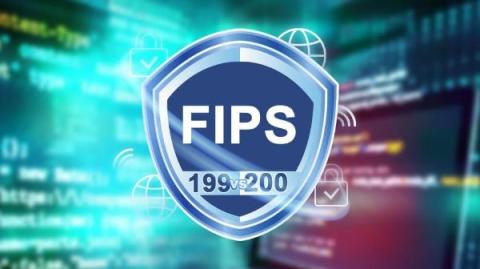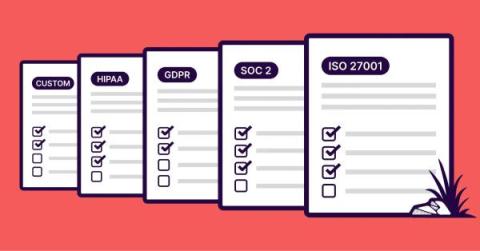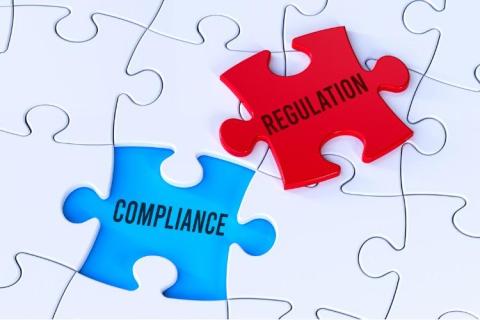FIPS 199 & 200 Compliance: Comparing Security Standards
In the world of government contracting, information security is taken very seriously. There are a dozen different standards for security depending on who you are, what information you handle, and what department you’re working with. We’ve talked about many of them before, such as DFARS, FedRAMP, and CMMC, but there’s yet another to discuss. As you’ve guessed, if you’ve read the title, or as you know from seeing this post, we’re talking about FIPS.










